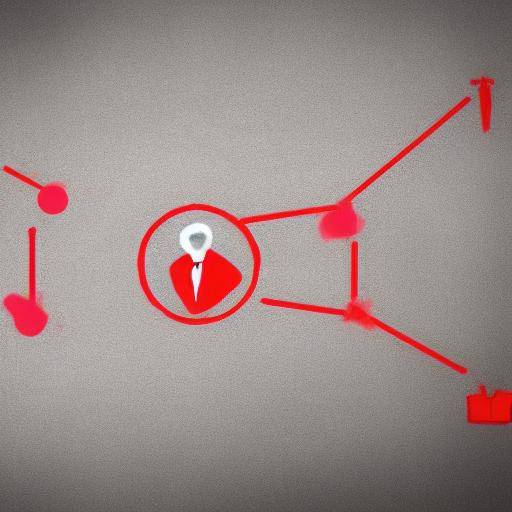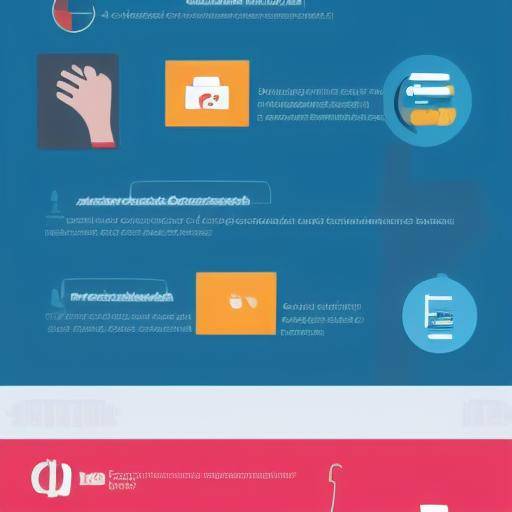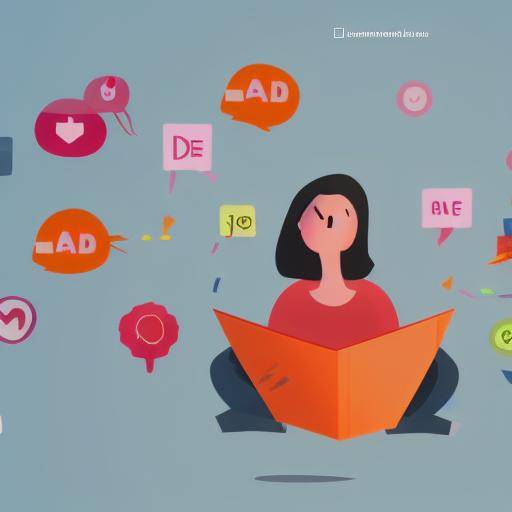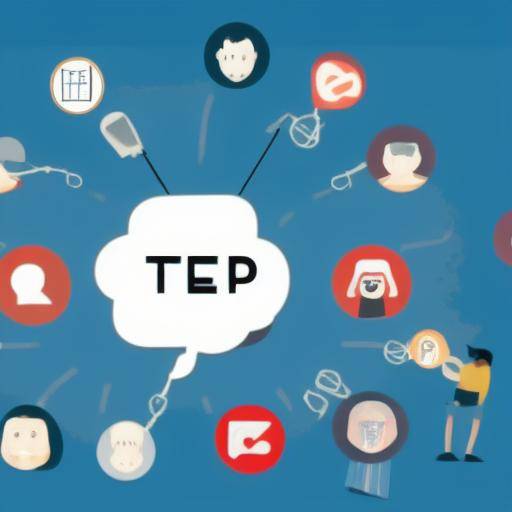
Empathy is a fundamental ability to build strong and healthy interpersonal relationships. Developing empathy through ethical practice not only benefits those around us, but also enriches our own life. In this article, we will explore in depth the concepts of empathy and ethics, as well as their relationship with interpersonal relationships. We will discover how to cultivate empathy ethically and how this can positively impact our daily interactions. In addition, we will provide practical advice and reflections on the future of these concepts in our contemporary society.
Introduction
Empathy, the ability to understand and feel the emotions of others, plays a crucial role in our daily lives. From our personal interactions to our participation in the community and the working environment, empathy allows us to forge meaningful connections. However, empathy does not exist in an ethical vacuum. The practice of empathy must be supported by a solid ethical framework to ensure that our actions are genuinely beneficial and respectful to those we address.
History and Background
Empathy has been the subject of study and reflection throughout history, from the teachings of great philosophers to modern scientific research. The origins of empathy go back to compassion and moral understanding in Eastern and Western philosophical traditions. The term "empathy" was coined by psychologist Edward Titchener in the early twentieth century and has since been the subject of theoretical and empirical studies.
In the ethical sphere, empathy has been regarded as a fundamental pillar for moral behaviour and ethical decision-making. From the teachings of philosophers such as Immanuel Kant to the ethics of responsibility proposed by Hans Jonas, empathy has been explored in the context of applied morals and ethics.
Analysis in Deep
Ethical empathy carries many benefits, both individually and collectively. On a personal level, the development of empathy can improve our communicative skills, strengthen our relationships and promote a sense of belonging and connection with others. At the same time, the ethical practice of empathy contributes to the construction of more inclusive communities, the peaceful resolution of conflicts and greater intercultural understanding.
However, there are significant challenges in promoting ethical empathy, especially in an increasingly diverse and globalized world. Overexposition through the media and the polarization of opinions can make it difficult for people to feel empathy towards those who are perceived as different or distant. Furthermore, ensuring that the practice of empathy is in line with rigorous ethical principles may require a conscious effort and a critical examination of our own prejudices and assumptions.
Comprehensive review
The cultivation of ethical empathy can be manifested in various contexts, from the educational sphere to the corporate world. In education, the implementation of programs that promote ethical empathy can promote a more compassionate and stimulating school climate. In the working environment, the practice of ethical empathy can foster an inclusive organizational culture and increase labour satisfaction.
In considering the future of empathy and ethics, it is essential to recognize interconnection with technological advances and sociocultural changes. In an increasingly digitalized world, digital empathy (the ability to understand emotions and needs in virtual environments) is emerging as a relevant field of study and application. As societies become more diverse, intercultural ethics and transcultural sensitivity are essential to empathic and ethical practice.
Food Analysis
Empathy and ethics share the fundamental premise of considering and respecting the interests and feelings of others. However, empathy focuses on the ability to understand the emotions and experiences of others, while ethics encompasses a wider set of principles and values that guide our actions and decisions. Despite these differences, empathy and ethics complement each other, as the practice of empathy rooted in solid ethical principles can generate a significant impact on our interpersonal relationships and society as a whole.
Practical Tips and Actions
To develop empathy through ethical practice, it is fundamental:
- Listen actively: Pay full attention to the emotions and experiences of others.
- Cultivate curiosity: Explore perspectives different from one's own and seek to understand the world from multiple points of view.
- Practice empathy in decision-making: Consider the impact of our choices on the well-being and dignity of others.
By integrating these principles into our daily interactions, we can foster a more empathic, inclusive and ethical environment in all areas of our lives.
Industrial Perceptions and Expert Reviews
In consulting experts in psychology, applied ethics and interpersonal communication, we highlight the importance of fostering environments that promote ethical empathy as a central component of human interaction. Experts agree that the development of empathy through ethical practice is essential to addressing complex social challenges, from political polarization to systemic discrimination.
Case Studies and Real Life Applications
Several cases of study demonstrate the positive impact of ethical empathy on diverse environments. From educational programs that promote empathy in children and adolescents to business initiatives that prioritize empathy in corporate culture, these cases illustrate how the practice of ethical empathy can create healthier and collaborative environments.
Future Trends and Predictions
As society evolves, the role of empathy and ethics in our daily lives is expected to become increasingly important. The integration of ethical empathy into artificial intelligence, medical care and emerging political decision-making is seen as a significant development area. However, challenges also arise, such as the need to address the ethical implications of technology and ensure genuine empathy in an increasingly interconnected and diverse world.
Conclusions and FAQs
Conclusions
The development of empathy through ethical practice represents a path to more authentic, collaborative and compassionate relationships. By integrating empathy into a solid ethical framework, we have the opportunity to enrich our lives and contribute to the construction of more just and supportive communities.
Frequently asked questions
- Why is it important to develop empathy through ethical practice? Empathy based on ethical principles strengthens our ability to understand and respond to the needs and emotions of others in a respectful and genuine manner.
- How can I improve my ethical empathy in working environments? Practice empatic leadership, fostering an inclusive organizational climate and promoting ethical decision-making based on empathy.
- What challenges could arise when integrating empathy and ethics into digital environments? Challenges can include the authenticity of empathy in virtual environments and the ethical management of privacy and data.
- How can empathy and ethics be encouraged in education? Through educational programmes that promote empathy as social competence, teaching of the perspective and peaceful resolution of conflicts, as well as integrating various ethical approaches into the school curriculum.
- What is the role of ethical empathy in decision-making in professional environments? Ethical empathy can influence decisions that respect the values and needs of all those involved, promoting ethical leadership and a solid organizational culture.
- How can ethical empathy contribute to building more inclusive communities? By cultivating ethical empathy, we can foster intercultural understanding, address discrimination and promote environments that value diversity and equity.
In short, the development of empathy through ethical practice represents an exceptional opportunity to enrich our interpersonal relationships, strengthen our communities and foster a more compassionate and equitable social environment. By integrating empathy into a solid ethical framework, we open the door to a future driven by genuine understanding, respect and collaboration.
With these concepts and tips in mind, we encourage you to explore the integration of empathy and ethics in your daily life and to reflect on their impact on your relationships and environment.


















































